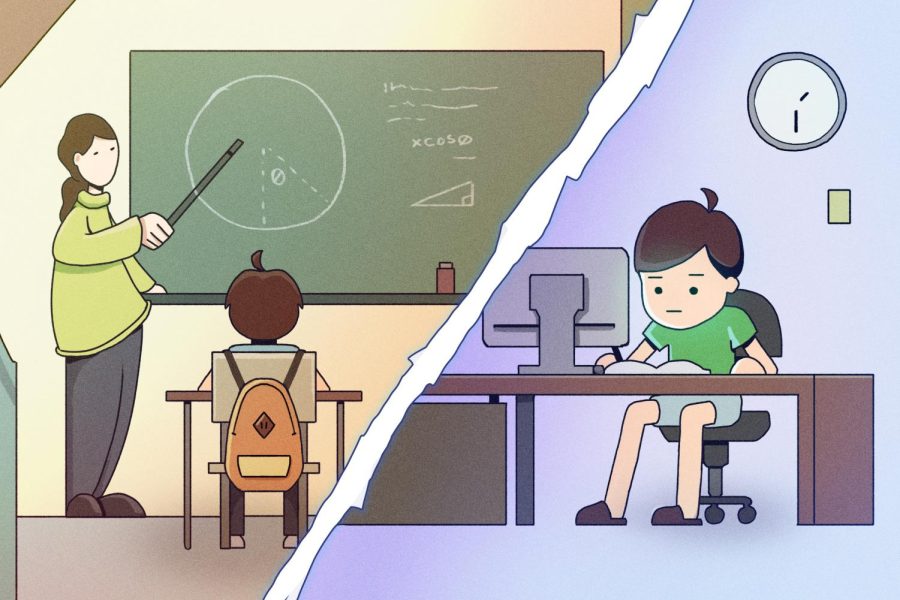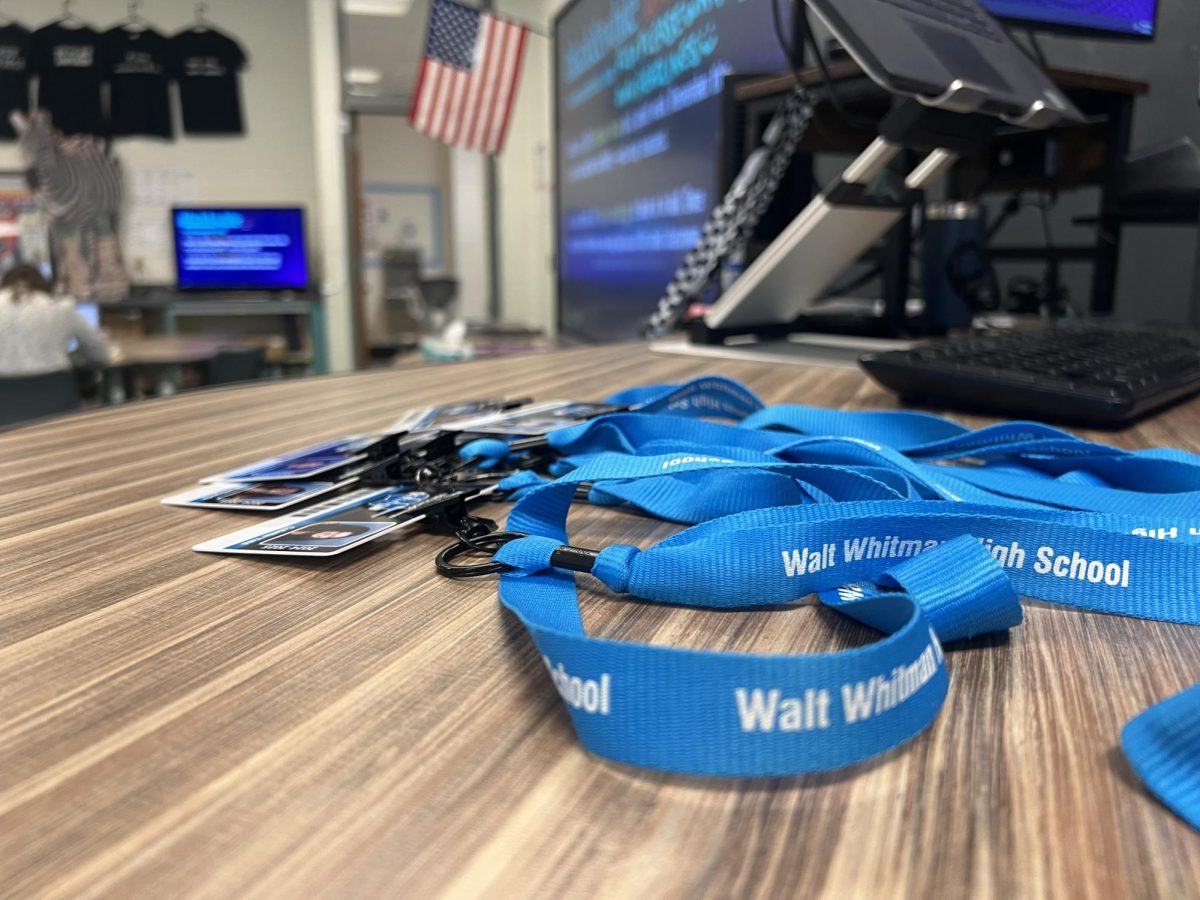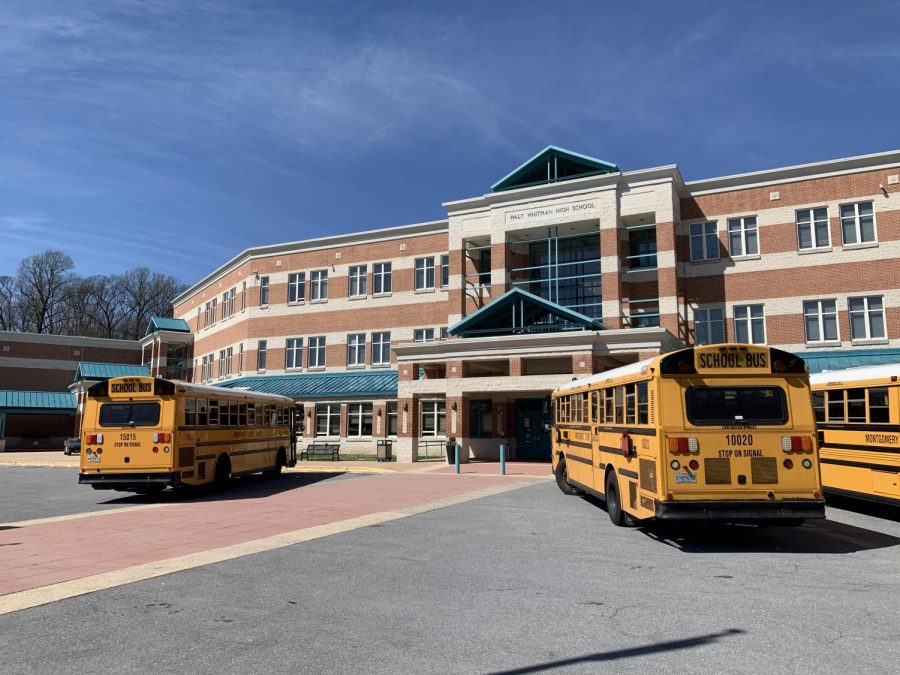The convenience of communication through social media, email and texting can make it difficult for staff and students to draw the line between appropriate and inappropriate conversations and interactions. A few interactions have escalated into larger episodes between staff and students, attracting the public eye.
In response to multiple incidents last year, some of which became sexual harassment cases, MCPS created a new database over the summer to track staff interactions with students that got too personal.
Superintendent Joshua Starr asked the MCPS Performance Evaluation and Compliance Unit to create the database in order to track incidents in a centralized location, said Robert Grundy, director of the unit.
Principals are required to report incidents to the Performance Evaluation and Compliance Unit, and about 25 incidents have been reported and entered into the database this year. Most of these cases have been “suspicious interactions,” such as teachers locking a door or closing the blinds while meeting with a student, Grundy said. This type of incident–reported by students, staff and parents–can often be resolved with a simple reminder of rules and regulations, but is reported so that a pattern can be tracked for repeat offenders, even if they switch schools, he explained.
Principal Alan Goodwin doesn’t hesitate to remind teachers to maintain professional relationships with students if a minor incident occurs, he said.
“Stereotypically I’m more likely to warn a male,” Goodwin said.
Whitman has not encountered any incidents between staff and students in the past fifteen years, Goodwin said. He would report anything to the database that makes a student feel uncomfortable or that a parent reported to him, but hasn’t reported anything yet, he said.
Only two people have access to the database: Grundy and one other staff member.
The main purpose of the system is to trace incidents from school to school. A principal might talk to a staff member about a minor incident and feel it has been addressed, but if the staff member switches schools, the new principal generally won’t know the circumstances.
“Sometimes when there’s allegations against a staff member, we found out after the fact that there was a history,” he said. “We want to make sure these incidents are captured in a central spot.”
Principals are encouraged to report any suspicious activity, even extremely minor incidents, to be recorded in the database, Grundy said. Principals attended a training session in October to learn about the new system and how to use it to protect students.
Not all incidents need to be reported to Child Protective Services, but they still need to be tracked within the county, Grundy said. Staff members are still required by law to contact Child Protective Services if any suspicious activity is observed.
In addition to the database, MCPS added background checks through Child Protective Services to the hiring process for all staff members and individuals who regularly appear in county schools. The county has always performed fingerprint checks on new hires, but they’ve added background checks as “one more safeguard,” Grundy said. If any county staff member is arrested, central office receives a report under the new system.
“We take this extremely seriously,” Grundy said. “We want to monitor the character and quality of the people who work here.








